Planet Connections Theatre Festivity is New York City’s premiere eco-friendly theatre festival, connecting artists and audiences with diverse dynamic charitable organizations. The Planet Connections experience entertains, enlightens and informs.
The Happiest Medium (proud sponsors of The Planet Connections Festival), will be running Q&A throughout the festival.
Today we ask one question each of Jason S. Grossman, writer of Love Me and Sergei Burbank writer of War Crimes.
Let’s find out why all is fair in Love and War . . .
Love Me
answers by Jason S. Grossman
Here’s Antonio’s question -
If you would have to single out a quality between dialogue, plot or character, which one is the strongest in your play/piece, and why?
The protagonist’s inner monologue is personified as a separate character on stage. What the inner monologue character says is at times consistent, sometimes directly contrasting to and often highly critical of the protagonist’s dialogue and actions.
Here’s Karen’s question -
What has been the most surprising or unexpected thing that’s happened during this play? Did that wind up taking the play in a new direction?
The director Daryl Boling suggested that the protagonist’s voice-over which runs throughout the play be personified as a separate character on stage. I reworked sections of the play with that in mind. It was a fantastic suggestion!
Here’s Anne’s question -
What do you think is the central theme and reason this play was conceived?
We all grow up at a different paces. Often we meet the right person at the wrong person. Sometimes we really do have work on ourselves before we’re ready to meet the right person.
Here’s Stephen’s Question -
Why should the audience (we) go to your play? What will the audience learn about the “human condition” by going to your play?
It’s about our never-ending struggle with how we think and what we do. Often we’re our own biggest obstacle when it comes to finding the right person for us.
Here’s Sarah’s Question -
What is your favorite line from the play?
This exchange from the play is actually me criticizing myself:
JOHN: You know what you’re problem is?
CHARLIE: I’m getting pretty sick of you telling me.
JOHN: You have a legitimate, detailed, entirely reasonable excuse for everything.
Here’s Diánna’s Question -
What about this play do you feel most drawn to personally, and because of that, what message do you hope the audience walks away with?
I started writing this play about the never-ending search for love over a decade ago based on the sketch comedy of my comedy group FUNNY… SHEESH and then it sat in my drawer as a 4 hour tome. Last year, a dozen years older and just slightly more seasoned, I rewrote it and came up with the ending. The play is my favorite kind of comedy: presenting our foibles in the pursuit of love in an exaggerated way. It’s funny because it’s all of us. This play is all about me. It’s all about you.
* * *
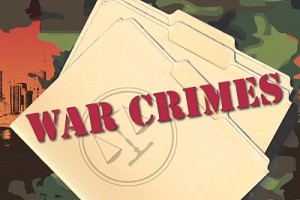
War Crimes
answers by Sergei Burbank
Here’s Antonio’s question -
If you would have to single out a quality between dialogue, plot or character, which one is the strongest in your play/piece, and why?
Character; this cast has taken a surreal set of circumstances and made characters who are alternately hilarious and heartbreaking.
Here’s Karen’s question -
What has been the most surprising or unexpected thing that’s happened during this play? Did that wind up taking the play in a new direction?
I’ve depended on the kindness of strangers and the depth of the cast’s own experience to put some of the lines in languages that aren’t English; I’ve been surprised at how communicative and evocative those passages remain – even in a foreign tongue.
Here’s Anne’s question -
What do you think is the central theme and reason this play was conceived?
The central idea behind the work makes it a perfect fit for the PCF: the way we live life in this country is not sustainable. But instead of simply examining the worst possible outcome of events, this play asks what might plausibly happen next? I think the answer is funnier and more comforting than we might expect.
Here’s Stephen’s Question -
Why should the audience (we) go to your play? What will the audience learn about the “human condition” by going to your play?
Why you should come: The plot is terrifyingly prescient in light of events in the last month — yet the script was written three years ago. Also, this cast turns in some jaw-droppingly strong performances.
As for the “human condition”: What light the play sheds on humanity involves our maddening inconsistency — we are often heroes and cowards in the same breath.
Here’s Sarah’s Question -
What is your favorite line from the play?
“This page is blank. All these pages are blank.”
(Not for what it says, but for how the actor says it — it’s one of my favorite little moments of a long list of favorite little moments.)
Here’s Diánna’s Question -
What about this play do you feel most drawn to personally, and because of that, what message do you hope the audience walks away with?
In one scene a character talks about the inevitability of horrible (imaginary) events referenced in the plot. My heart always breaks listening to that, because this play doesn’t argue that we can prevent every heinous act committed on innocent people — all we can do is promise to act decently in the aftermath. It’s not promising much, and even on that count we often fail.

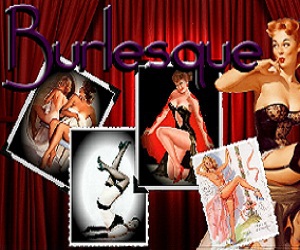


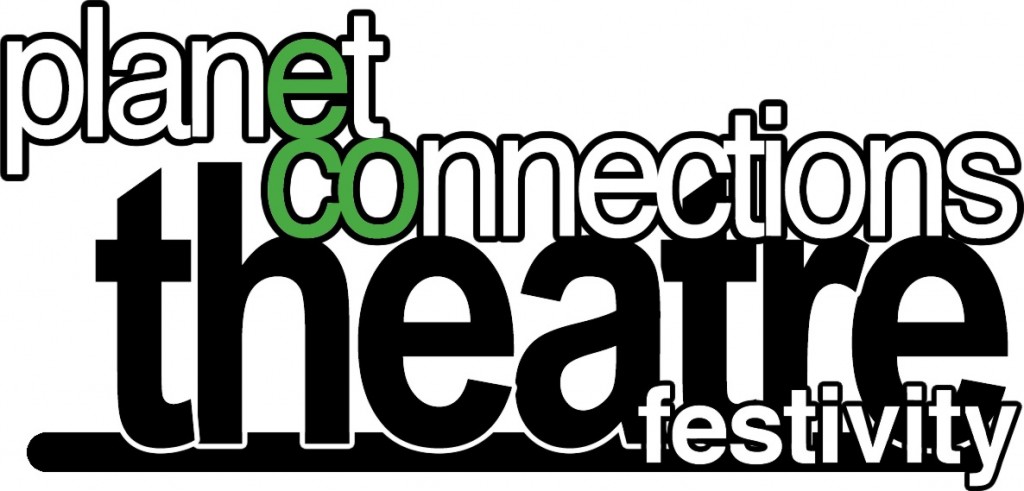


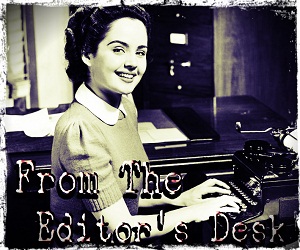
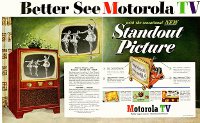
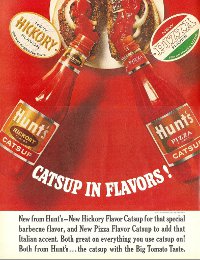
{ 0 comments… add one now }